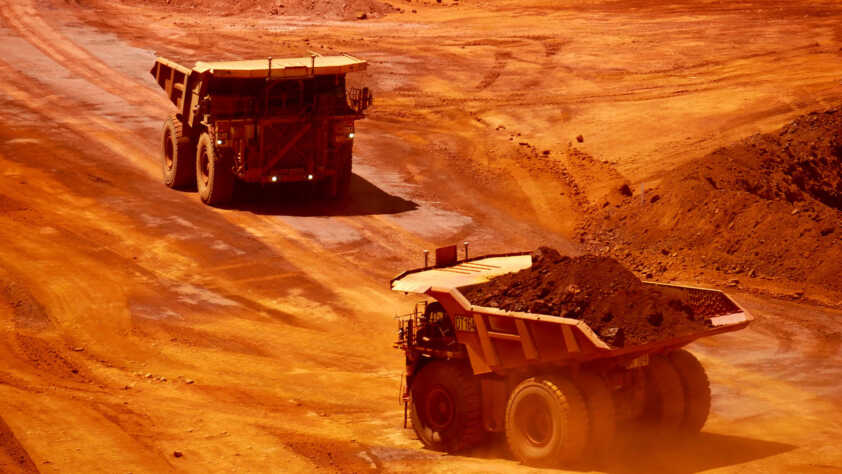Some of Western Australia’s largest mining operations will host local high school teachers on their Pilbara sites in order to expose them to the real working world of the resources sector.
The Teacher in Industry Placements (TIPS) initiative aims to equip science teachers with relevant and current industry knowledge for them to take back to their classrooms and share with their students.
The program is initially being piloted with Karratha SHS (KSHS) and forms part of the Pilbara Collaboration, an initiative coordinated by The Chamber of Minerals & Energy of WA (CME) in partnership with the WA Government.
CME chief executive Paul Everingham said CITIC Pacific Mining (CPM), Rio Tinto Iron Ore, Woodside and Yara Pilbara would be the first of the Collaboration partners to host high school science teachers at their operations, with placements scheduled with each company out to the end of the year.
“This is a great opportunity for the resources sector to provide exposure to our operations, as well as effective and engaging teacher professional development,” he said.
“It is hoped that teachers can observe new technology, standards and practices, collect resources and data for use within their classroom; and potentially acquire new skills, and take this newfound knowledge back into their classrooms and schools.”
KSHS science teacher Belinda Jenkinson was the first Pilbara-based teacher to participate in the program, spending two days at CITIC Pacific Mining’s Sino Iron magnetite operation, 100km south of Karratha.
She worked with the company’s engineers at the project’s 51 gigalitre desalination plant at Cape Preston, which is large enough to supply drinking water to a major town, and critical for mining and processing operations at Sino Iron.
Belinda learnt about the plant’s reverse osmosis technology and filtration system, where salt and impurities are removed, and the various chemical processes involved.
CPM Head of Corporate Affairs Rob Newton said Belinda’s onsite stay would be followed up with a school visit by CITIC Pacific’s engineers, who would work directly with students.
“This program allows local educators to see how the scientific principles they teach in the classroom are being applied at Sino Iron, every minute of every day, right across this megaproject,” he said.
“For local schools, we’re essentially a giant scientific laboratory right on their doorstep. We’re excited to be helping science come alive for Pilbara students.”
Karratha Senior High School Acting Principal Ashley Eversden said the school was excited about the opportunities that the initiative offered staff and students.
“Working alongside the Chamber of Minerals and Energy and local industry allows teachers to access industry placements, they take their experiences into the classroom and develop links with student learning and contemporary industry practices,” he said.
“The connections with industry and mentors in the workplace will lead to classroom visits and the development of further real-life learning for our students.”
Lessons learnt from both industry and Karratha SHS will be shared, with the aim of rolling out across other high schools in the region. If successful, the initiative could expand to other subject areas beyond science in 2020.
The Pilbara Collaboration was developed in response to the Premier’s request for industry and Government to work together to build on individual companies’ existing social and economic contribution to the Pilbara region.
The first agreed priority area for collaboration has been employment, education and training.



